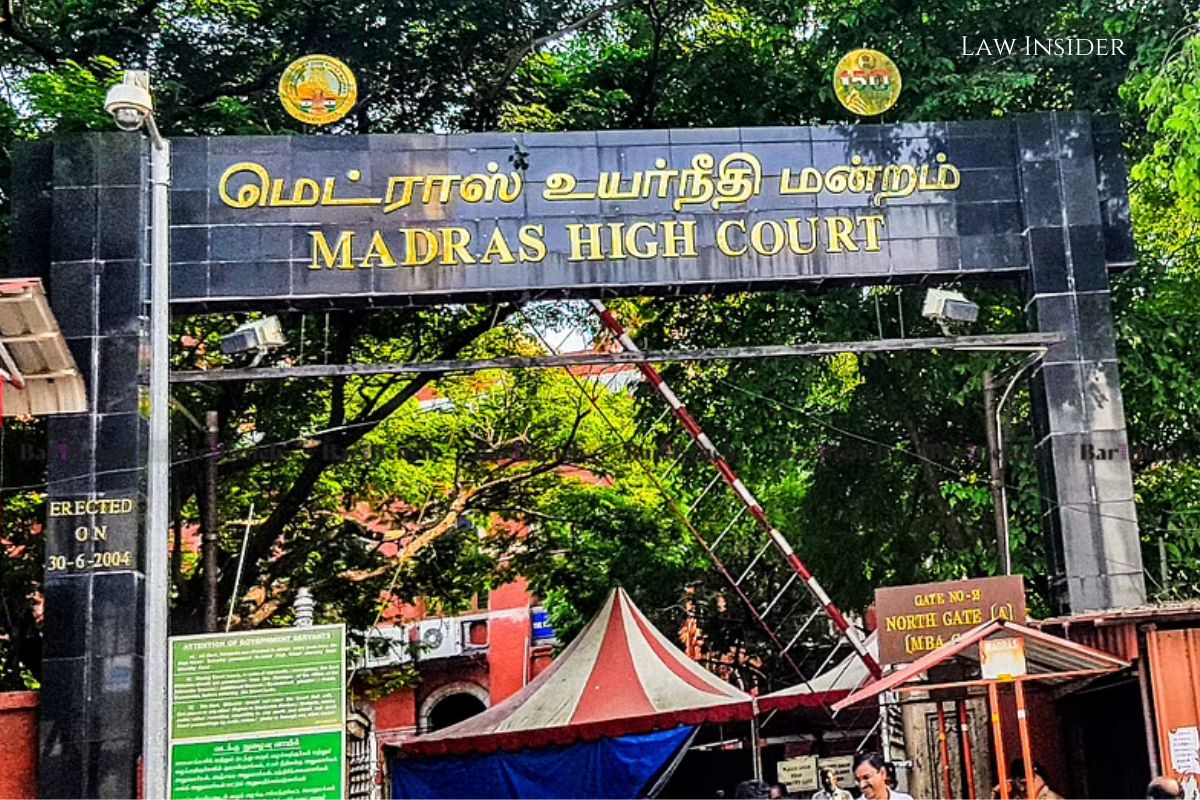Aastha Thakur
Published on: 16 September 2022 at 22:17 IST
The challenge against moving education from the State List to the Concurrent List was recently referred to a larger bench by the Madras High Court.
The registry was instructed to present the note for the formation of a full bench to the acting chief justice on the administrative side by the bench consisting of Justice Sunder Mohan and Acting Chief Justice M Duraiswamy.
The directives were given in response to a petition filed by the Aram Seyya Virumbu Trust, which contested the legality of Section 57 of the Constitution (Fourty-second Amendment Act) 1976 inasmuch as it pertains to Entries 11 and 25 of List III. The petitioner argued that the clause violated the Indian Constitution’s fundamental principles.
The petitioner argued that since the state was best prepared to ascertain the demands of the populace, education should basically be a state topic.
Senior Counsel N.R. Elango, who was representing the petitioner when the subject was discussed yesterday, argued that a larger bench should consider the case because the court had noted that it involved a long-gone constitutional amendment. This submission was supported by Attorney General R. Shanmugasundaram and Deputy Solicitor General of India Mr. Rajesh Vivekananthan.
The court thus determined to send the case to a bigger bench for consideration of the following legal issues raised by the petitioners:
1. Whether Section 57 of the Constitution (Forty-second Amendment) Act, 1976, ultra vires because it violates the fundamental principles of the Constitution in relation to Entries 11 and 25 of List II and List III?
2. Does the clause contradict the Federal Structure since it transfers control over “Education” at the non-graduate level from the administrative and legislative authority of the States to that of the Union?
3. Can the Union usurp authority to control the State’s autonomy in matters of education in areas other than those covered by entries included in List 1 of the Seventh Schedule? Is “Education” basically a State subject?
4. Can it be assumed that the Union Government has acknowledged the allegations in the affidavit in the lack of an explicit rejection by the first respondent (Union of India) of the affidavit?

